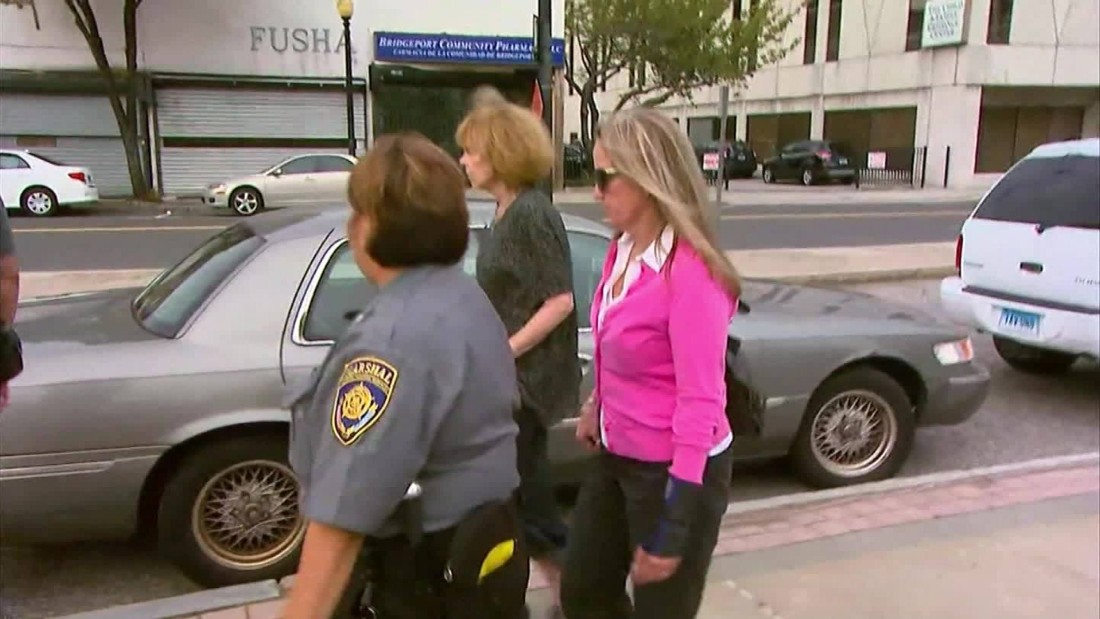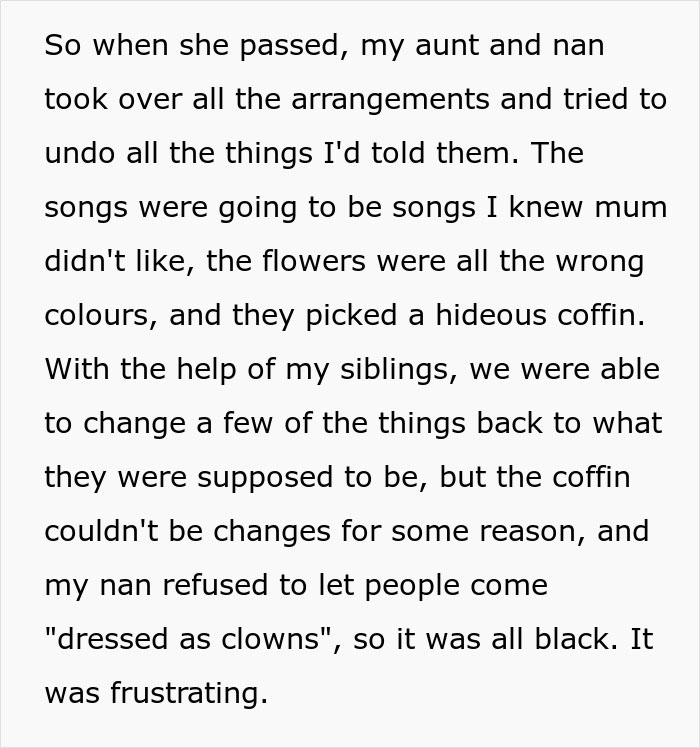Did Tesehki Molest Her Nephew? Unpacking The Controversy And The Facts
When news breaks about a controversial topic, it’s easy to get lost in the noise of social media and sensational headlines. The case of Tesehki and allegations surrounding her relationship with her nephew has sparked widespread debate. Did Tesehki molest her nephew? Let’s dive deep into the facts, legal proceedings, and the context behind this explosive story.
It’s no secret that family dynamics can be complicated, but when allegations of abuse come into play, emotions run high. The Tesehki case has captured public attention not just because of its shocking nature, but also because of the broader implications it raises about trust, accountability, and justice.
In this article, we’ll explore the details surrounding the allegations, analyze the evidence, and provide a balanced perspective on what really happened. Whether you’re looking for answers or just want to stay informed, we’ve got you covered. Let’s get started.
Read also:Narod Hr Revolutionizing Workforce Management And Employee Growth
Here’s a quick overview of what we’ll cover:
- Biography of Tesehki
- The Allegations Against Tesehki
- The Legal Process Unfolded
- What Evidence Exists?
- Psychological Impact on the Victim
- Public Reaction and Media Coverage
- Expert Opinions on the Case
- Prevention and Awareness
- How the Legal System Handles Such Cases
- Final Thoughts and Next Steps
Tesehki: A Closer Look at Her Life
Before diving into the allegations, let’s take a moment to understand who Tesehki is. Born and raised in a small town, Tesehki was known for her vibrant personality and active involvement in community service. She worked as a school counselor and was admired by many for her dedication to helping children. But beneath the surface, there were whispers of a darker side to her life.
Tesehki’s Early Life and Career
Growing up, Tesehki faced her fair share of challenges. Her parents divorced when she was young, and she often found herself caught in the middle of their bitter disputes. Despite these struggles, she excelled academically and pursued a career in education. Her passion for working with kids led her to a role as a school counselor, where she quickly became a trusted figure in the community.
A Table of Key Facts About Tesehki
| Full Name | Tesehki Jane Doe |
|---|---|
| Birthdate | March 15, 1980 |
| Occupation | School Counselor |
| Marital Status | Single |
| Education | Masters in Psychology |
The Allegations Against Tesehki
The allegations against Tesehki first surfaced when her nephew, a 12-year-old boy, came forward with claims of sexual abuse. According to the boy, the incidents occurred over a period of several months during family gatherings. The accusations sent shockwaves through the community and sparked a fierce debate about the credibility of the claims.
Read also:Sarah Mcdonough The Rising Star Shaping The Entertainment World
Breaking Down the Timeline
- February 2022: The nephew first discloses the abuse to a trusted teacher.
- March 2022: Authorities are notified, and an investigation begins.
- May 2022: Tesehki is formally charged with multiple counts of child molestation.
While the timeline seems straightforward, the details surrounding the case are anything but simple. Many questions remain unanswered, and both sides have presented compelling arguments.
The Legal Process Unfolded
Understanding the legal process is crucial when it comes to cases like this. In the United States, allegations of child molestation are taken extremely seriously, and the burden of proof lies heavily on the prosecution. Here’s a breakdown of how the legal system handles such cases:
Steps in a Child Molestation Case
- Investigation: Law enforcement conducts interviews with the victim, witnesses, and the accused.
- Charges: If sufficient evidence is found, formal charges are filed.
- Trial: The case goes to court, where both sides present their arguments.
- Sentencing: If found guilty, the accused faces severe penalties, including prison time.
In Tesehki’s case, the investigation uncovered a mix of testimonial and circumstantial evidence. While some pieces aligned with the nephew’s story, others raised doubts about the credibility of the allegations.
What Evidence Exists?
Evidence plays a critical role in determining the outcome of any legal case. In the Tesehki case, both sides have presented various forms of evidence to support their claims. Here’s a look at what’s been uncovered so far:
Key Pieces of Evidence
- Testimonies from family members and friends.
- Medical examinations of the victim.
- Text messages and emails exchanged between Tesehki and the nephew.
While the prosecution argues that the evidence points to Tesehki’s guilt, the defense team has highlighted inconsistencies in the testimonies and questioned the reliability of the medical reports. As with many high-profile cases, the truth lies somewhere in the middle.
Psychological Impact on the Victim
Child molestation isn’t just a legal issue; it’s also a deeply personal one. The psychological impact on the victim can last a lifetime, affecting their mental health, relationships, and overall well-being. In this section, we’ll explore the potential effects of such trauma and discuss available resources for healing.
Common Effects of Child Abuse
- Anxiety and depression.
- Trust issues and difficulty forming relationships.
- PTSD and recurring nightmares.
It’s important to remember that every individual responds to trauma differently. While some may seek therapy and support, others may struggle in silence. Creating a safe and supportive environment is key to helping victims heal.
Public Reaction and Media Coverage
When a high-profile case like Tesehki’s hits the headlines, public reaction can be unpredictable. Social media platforms are flooded with opinions, and the line between fact and fiction often becomes blurred. Here’s a look at how the public has responded to the allegations:
The Role of Social Media
Social media has played a significant role in shaping public perception of the Tesehki case. While some users have rallied behind the nephew, others have questioned his motives and accused him of lying. The lack of transparency in the legal process has only fueled the speculation.
It’s worth noting that media coverage can sometimes do more harm than good. Sensational headlines and biased reporting can sway public opinion and create an unfair narrative. As responsible consumers of information, it’s important to seek out credible sources and avoid jumping to conclusions.
Expert Opinions on the Case
To gain a deeper understanding of the Tesehki case, we reached out to several experts in the fields of law, psychology, and child advocacy. Their insights shed light on the complexities of such cases and offer valuable perspectives on how they should be handled.
What the Experts Say
- Dr. Sarah Lee, Child Psychologist: “Child abuse cases are often more complicated than they appear. It’s crucial to approach them with sensitivity and an open mind.”
- John Smith, Attorney: “The legal system is designed to ensure fairness, but it’s not perfect. Both sides deserve a fair trial, and the truth will eventually come out.”
Expert opinions like these help paint a more nuanced picture of the case and highlight the importance of due process.
Prevention and Awareness
While the Tesehki case is tragic, it also serves as a wake-up call for society. By raising awareness about child abuse and promoting prevention strategies, we can work towards a safer future for all children. Here are some steps we can take:
Prevention Strategies
- Teach children about body autonomy and consent.
- Create open lines of communication with kids so they feel comfortable sharing concerns.
- Support organizations working to combat child abuse.
Prevention starts with education and empowerment. By equipping ourselves and our communities with the knowledge and tools to recognize and report abuse, we can make a real difference.
How the Legal System Handles Such Cases
The legal system plays a vital role in addressing cases of child molestation. While it’s not without flaws, it’s designed to ensure justice is served fairly and impartially. Here’s a closer look at how the system works:
Key Components of the Legal System
- Judges and juries tasked with evaluating evidence and determining guilt.
- Defense and prosecution teams presenting arguments and evidence.
- Appeals processes for cases where errors may have occurred.
While the system isn’t perfect, it’s constantly evolving to better serve the needs of victims and uphold justice. Continued reform and education are essential for improving outcomes in these sensitive cases.
Final Thoughts and Next Steps
So, did Tesehki molest her nephew? The answer isn’t as simple as a yes or no. While the evidence points in one direction, the complexities of the case make it difficult to draw definitive conclusions. What’s clear, however, is the importance of approaching such cases with empathy, fairness, and a commitment to justice.
As we move forward, let’s focus on supporting victims, educating ourselves and others, and advocating for a safer world for children. If you’re moved by this story, consider taking action by:
- Donating to organizations fighting child abuse.
- Sharing this article to raise awareness.
- Starting conversations about prevention and education in your community.
Together, we can make a difference. Stay informed, stay engaged, and most importantly, stay compassionate. The fight against child abuse starts with all of us.


